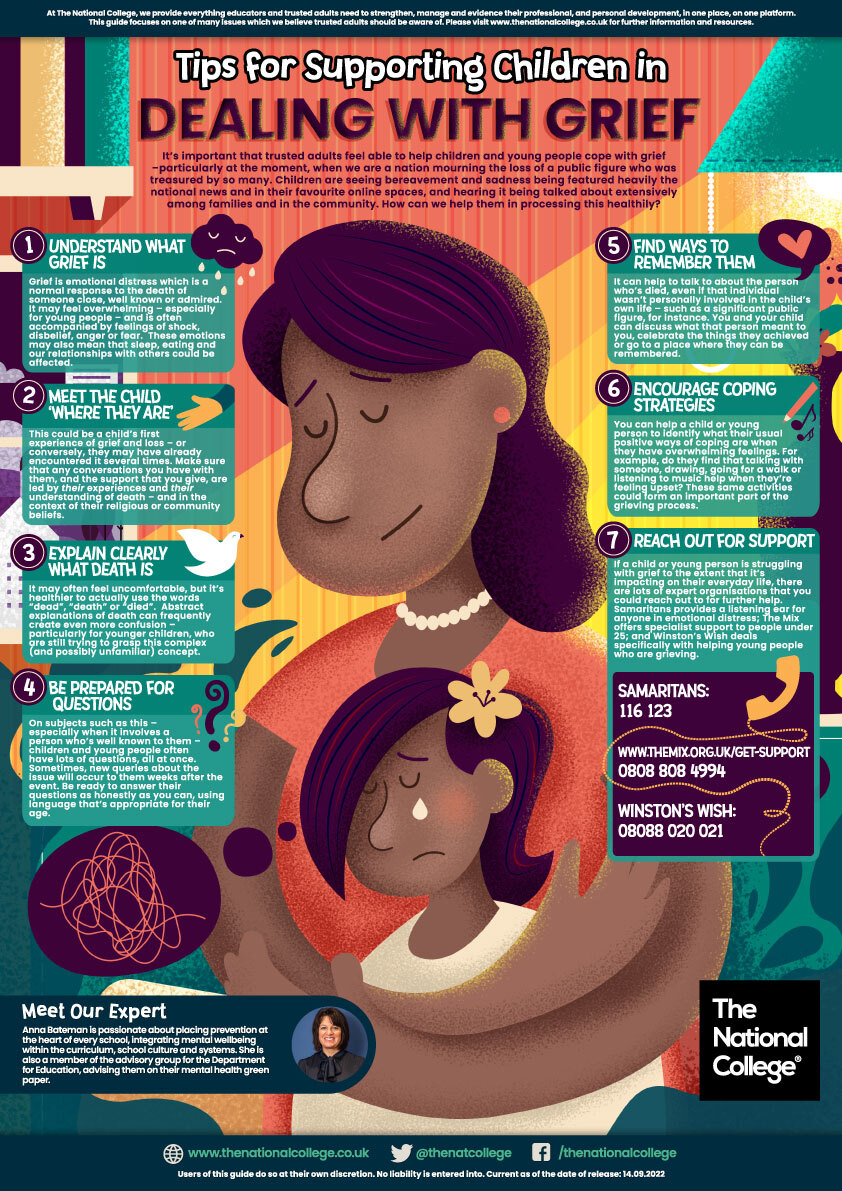Lost someone you love
WHAT DOES IT MEAN LOSE SOMEONE THAT YOU LOVE?
Whatever type of loss you’ve suffered, there’s no right or wrong way to grieve. But by understanding the stages and types of grief, you can find healthier ways to cope.
What is grief?
Grief is a natural response to loss. It’s the emotional suffering you feel when something or someone you love is taken away. Often, the pain of loss can feel overwhelming. You may experience all kinds of difficult and unexpected emotions, from shock or anger to disbelief, guilt, and profound sadness. The pain of grief can also disrupt your physical health, making it difficult to sleep, eat, or even think straight. These are normal reactions to loss—and the more significant the loss, the more intense your grief will be.
Coping with the loss of someone or something you love is one of life’s biggest challenges.
Even subtle losses in life can trigger a sense of grief. For example, you might grieve after moving away from home, graduating from college, or changing jobs.
Whatever your loss, it’s personal to you, so don’t feel ashamed about how you feel, or believe that it’s somehow only appropriate to grieve for certain things. If the person, animal, relationship, or situation was significant to you, it’s normal to grieve the loss you’re experiencing. Whatever the cause of your grief, though, there are healthy ways to cope with the pain that, in time, can ease your sadness and help you come to terms with your loss, find new meaning, and eventually move on with your life.
The grieving process
Grieving is a highly individual experience; there’s no right or wrong way to grieve. How you grieve depends on many factors, including your personality and coping style, your life experience, your faith, and how significant the loss was to you.
Inevitably, the grieving process takes time. Healing happens gradually; it can’t be forced or hurried—and there is no “normal” timetable for grieving. Some people start to feel better in weeks or months. For others, the grieving process is measured in years. Whatever your grief experience, it’s important to be patient with yourself and allow the process to naturally unfold.
How to deal with the grieving process
While grieving a loss is an inevitable part of life, there are ways to help cope with the pain, come to terms with your grief, and eventually, find a way to pick up the pieces and move on with your life.
- Acknowledge your pain.
- Accept that grief can trigger many different and unexpected emotions.
- Understand that your grieving process will be unique to you.
- Seek out face-to-face support from people who care about you.
- Support yourself emotionally by taking care of yourself physically.
- Recognise the difference between grief and depression.
The five stages of grief
Denial: “This can’t be happening to me.”
Anger: “Why is this happening? Who is to blame?”
Bargaining: “Make this not happen, and in return I will ____.”
Depression: “I’m too sad to do anything.”
Acceptance: “I’m at peace with what happened.”
If you are experiencing any of these emotions following a loss, it may help to know that your reaction is natural and that you’ll heal in time. However, not everyone who grieves goes through all of these stages—and that’s okay. Contrary to popular belief, you do not have to go through each stage in order to heal. In fact, some people resolve their grief without going through any of these stages. And if you do go through these stages of grief, you probably won’t experience them in a neat, sequential order, so don’t worry about what you “should” be feeling or which stage you’re supposed to be in.
WHO MIGHT BE ABLE TO HELP?
Despite trying hard to do things yourself, we always need more help sometimes, remember that this is okay, that it is normal, and it is brave to admit as such. See below for some useful links to further support:
-
Kooth offers confidential online support for young people aged 11 to 18 at Kooth.com
-
NHS the NHS website offers some great tips and links for dealing with bereavement in your teens.
-
Young minds is a fantastic website full of useful information on a range of issues, these pages specify in grief in your teen years.
-
Mind – A website focussed on ensuring positive mental health, specifically their section on managing bereavement.
-
Barnardo’s have 7 helpful tips to manage your feelings when experiencing a bereavement.
-
The Good Grief Trust have lots of useful links and guidance for you to explore.



